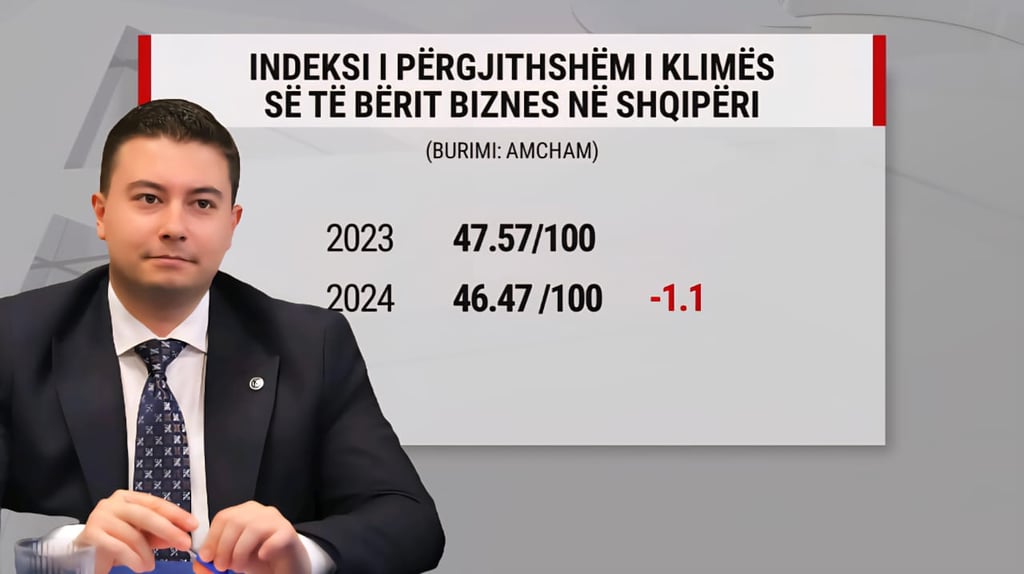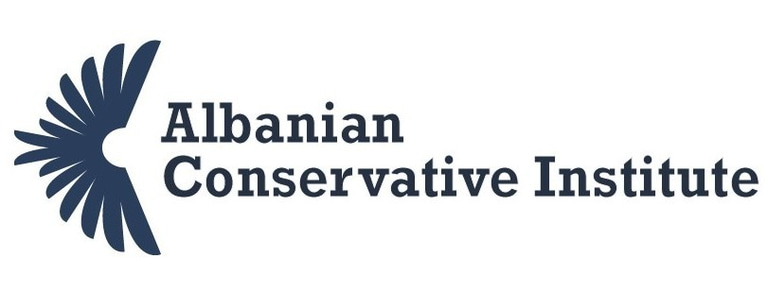Albania at a Crossroads: From Dirty Money Dependency to Sustainable Growth Through Innovation
Time for a radical change to transform Albania from a drug dependent economy to a productive, export based, innovative nation
Nikola Kedhi
8/1/20253 min read


The latest report from the American Chamber of Commerce (AMCHAM) is yet another signal highlighting the alarming state of the Albanian economy. Albania continues to receive a poor rating for its business climate, scoring only 46.47 out of 100 possible points in the Business Confidence Index—a 1.1-point decline from last year. This index has remained below 50% for the past 12 years, signaling a chronic failure to improve our image among foreign investors. The most pressing issue? Finding a qualified workforce, rated at just 27.23 points, with 73.3% of companies reporting serious difficulties. This is hardly surprising, given that 1.1 million Albanians have left the country over the past decade. This is compounded by market monopolies, unfair competition, high informality, suffocating bureaucracy, government intervention, and frequent fiscal changes, all of which hinder economic growth.
In the context of our economic situation, with a GDP growth of about 3.9% in 2024 according to INSTAT, a projected growth of 3.5% for 2025, inflation around 2.4%, and foreign direct investments (FDI) reaching approximately €1.58 billion but still insufficient for our potential and directed toward non-productive sectors, it is clear that the issue is not a lack of resources but a lack of proper policies. The main driver of this growth comes from services and the construction sector, which significantly contributes to GDP but is marred by a high degree of informality and a considerable amount of money from drug trafficking, laundered through construction projects and real estate. According to international reports and media, Albanian criminal networks use this sector to launder proceeds from cannabis and cocaine trafficking, financing roughly 20-30% of construction projects with illicit funds, a conservative estimate of their impact.
This may lead to apparent GDP growth, but it does not translate into individual empowerment or improved well-being, as it creates a fragile economy dependent on illegal activities, driving away talent and failing to distribute wealth equitably. Today, there is no free market, and we are reliant on non-productive sectors, particularly informal and dirty money funneled into construction, while the workforce emigrates, every element of the economy is centralized, and industrial production declines by -7.73% in 2024, with agriculture dropping by -2.7%. When the flow of dirty money, conservatively estimated at a minimum of 5% of GDP, dries up, Albania will face a severe crisis, as it is entirely dependent on these illegal cash flows while production declines.
In centralized economies, with production means and capital concentrated in few hands, high taxes, and strong government pressure, there is neither innovation nor competition; exports plummet, workers’ bargaining power diminishes, and prices rise. This lack of capitalism and freedom leads to rising poverty levels (20% poverty rate and nearly 44% social exclusion) and leaves the economy at the mercy of a model destined to collapse. The current model, heavily reliant on non-productive sectors like construction, tourism, and dubious or criminal inflows, coupled with intense government interference in every economic segment, is an unstable structure built on sand, masking deeper ailments.
The socialist government has exacerbated the problem’s roots, relying on state interventions that suppress private initiative and drive away the workforce and talent to favor its clients, leading to the centralization of capital, production means, and political decision-making.
To escape this deadlock, we must refocus on productivity and innovation—the true pillars of development. The recipe is simple: reduce taxes to a low flat rate (e.g., 10% for personal and corporate income, 0% for reinvestments in tech, AI, and production) to stimulate investment, production, and consumption; drastic deregulation by adopting a “one-in, three-out” rule to cut bureaucracy, simplifying business startup procedures via a digital portal within 48 hours and creating innovation zones; reduce state interference in the economy by cutting government spending by 20-30% (from 28.8% of GDP in 2024, saving €1.5-2.3 billion) through privatization and eliminating wasteful subsidies, redirecting resources to productive investments like tech parks and AI labs; reform education to focus on practical skills, technology, and AI to halt brain drain and prepare a workforce for new industries, targeting €500 million to €1 billion in annual investments (2-4% of GDP) from savings and EU funds; strengthen the rule of law and restore the balance of power to combat corruption, government interference, corrupt public tenders, and monopolies; ensure legal guarantees for every citizen and entrepreneur, domestic and foreign; and decentralize economic and political power to municipalities, granting them fiscal autonomy for local development.
These measures, proven in Estonia where tax reforms boosted FDI by 25% annually and created AI hubs like Bolt, or in Argentina where Milei cut spending by 30%, reducing inflation from 211% to 40% and projecting +5.5% growth in 2025 according to the IMF, will enhance productivity by fostering innovation, particularly in AI, where investments could double efficiency in agriculture and tourism. Focusing on high-value exports, tax credits for AI, and free trade zones will double goods exports (excluding tourism) to €8 billion by 2028, increasing GDP per capita to €15,000 by 2030 and reducing unemployment to 5%.
Only thus will we attract serious investors, boost productivity, and transform Albania into a place where innovation thrives, not where bureaucracy kills it.
Nikola Kedhi is the Director of the Albanian Conservative Institute.
